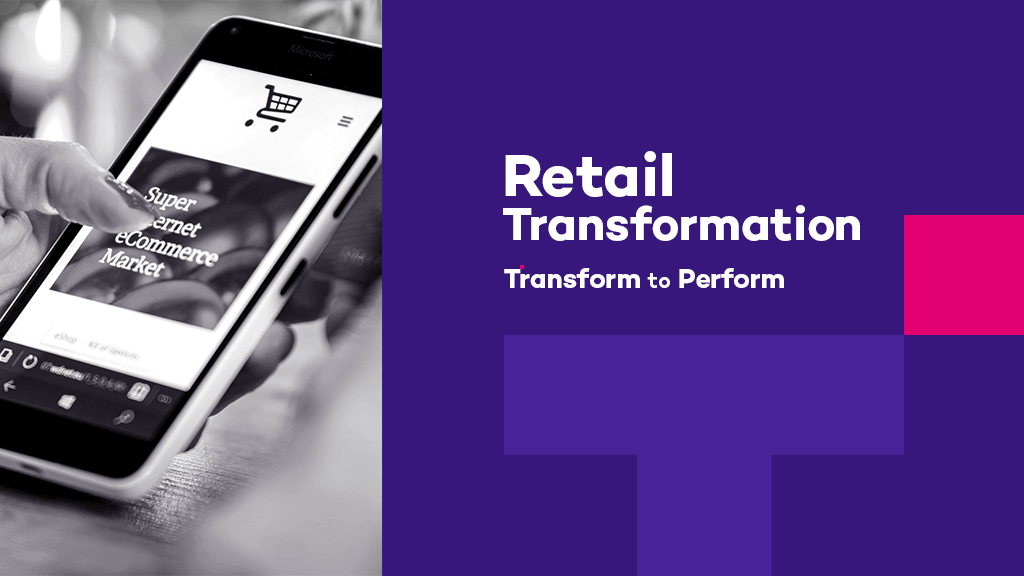Home › Blog › Transform to Perform › Health pass: what challenges are Human Resources to expect?
With workers returning to the office, Human Resources departments must balance the health and safety of employees with the need for productivity and potential legal obligations and limitations. The emerging use of the health pass illustrates this complexity.
What is a health pass and where it will be required?
Around the world, governments are either considering or adopting vaccine passports. These are records that go beyond proving an individual has been fully vaccinated. As a matter of fact, they intend to prove the bearer’s immunity to COVID. They might include a negative PCR test; a vaccination certificate; or a certificate attesting the bearer has recovered from COVID.
By producing the health pass, the person gains such benefits as travel rights or the ability to access certain spaces or events.
Why health passes are controversial
While European countries are mostly implementing the health pass for travel-related issues, others are considering a more corporate approach.
According to a survey published in April 2021 by Arizona State University, 88% of employers in the U.S. plan to “require or encourage” employees to be vaccinated. About 59% of employers said they would use some kind of incentive. While 60% of employers also said they would require some kind of proof of vaccination.
For instance, Morgan Stanley, Delta Airlines, or retailer Saks announced that employees would have to be vaccinated before returning to the office. These companies have all said this vaccination information will help employees feel safer. Indeed, as they circulate around the office, while others are hoping such schemes will inspire more people to get vaccinated.
According to a survey published in April 2021 by Arizona State University, 88% of employers in the U.S. plan to “require or encourage” employees to be vaccinated.
About 59% of employers said they would use some kind of incentive. While 60%of employers also said they would require some kind of proof of vaccination.
While their use is expanding, they also remain controversial. In the U.S., some states have passed bans on their use that could leave some businesses facing legal issues and confusion. For instance, these bans limit a business’s ability to require a vaccination passport from customers. But they can still ask about employees’ vaccination status. In addition, while US law gives companies the right to ask about an employee’s health, companies can still expect that some employees may file legal charges for this.
Health passes will also present complex administrative decisions, and the documentation provided to vaccinated people varies widely from country to country. In France, these are official documents with QR codes that can be scanned and added to an application. Italy is implementing a similar system and now the European Union is rolling out its own version.
Major privacy and data challenges lie ahead
HR departments will have to strike a careful balance between 2 key elements:
- On one hand, wanting to know employees’ vaccination status.
- And, on the other hand, the need to respect privacy.
Any company that wants to use one of these vaccine passport programs should include strict data protection rules. Said rules will define how and why this information is being requested and who can access it. In France, the National Commission on Informatics and Liberty (CNIL) has issued a warning about said pass as it might endanger privacy due to a relative vagueness in implementation. Also, some organizations have already taken legal action.
Despite these hurdles, health passports can play a valuable role. Indeed, they will help in creating a sense of security as employees return to the workplace. Developing a robust and transparent program around their use will ultimately allow HR leaders to foster a sense of trust and well-being during this transition to a post-Covid environment.





